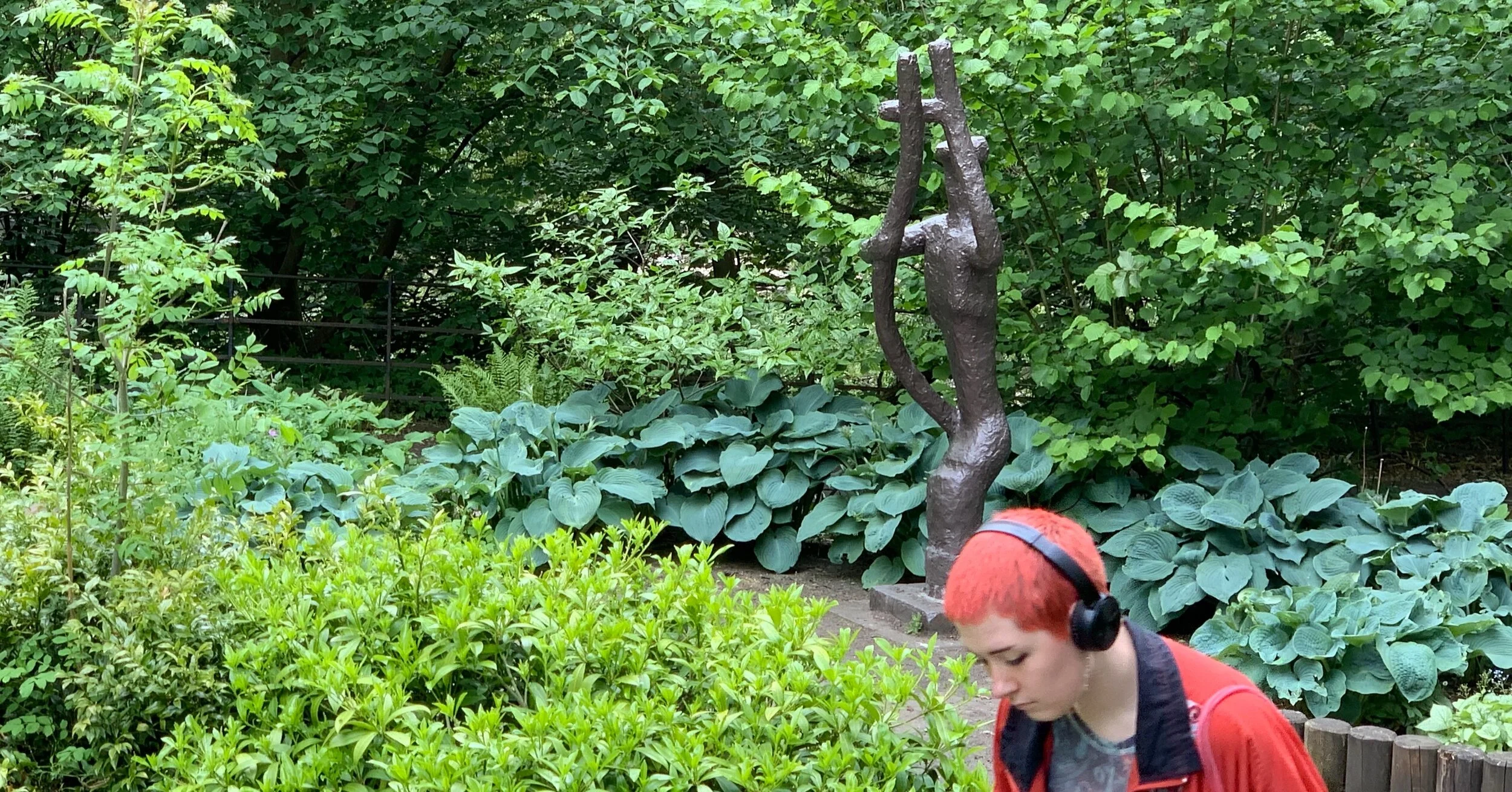Walking Interviews with Women Shaping Cities
Come sun, rain, drizzle or cloud. Next week I start walking with about 300 women from Perth, Glasgow and Edinburgh as part of a research on how cities of the present and the future would look like if designed by women.
Walking as a Method- What is It?
Walking as a method in this urban research is defined as a reflective project of wandering, strolling, stopping, promenading, observing or trekking to investigate the role of women in shaping and being shaped by the urban environment. Women’s views as experts of their neighbourhoods will be captured through a GPS app and a questionnaire, while creating a ‘trialogue’ between the participant, the researcher and the place they traverse.
The walking interview is participant driven; that is, each woman selects the geographical location and the route related to the topics being investigated and the length of time for the interview. The framework for the spatial conversation triangulates parameters of sense of place, green spaces, safety and active travel.
Walking Interview Principles
The Walking Interview has Three Principles and One Golden Rule.
The Three Principles state:
1. Women participants are the expert guides choosing the route they want;
2. Whenever the walk starts is the right time;
3. When it’s over, it’s over.
The Golden Rule:
Taking part in this interview is voluntary. Choosing not to take part will not disadvantage you in any way. You have the right and freedom to withdraw from the walk at any time without explanation.
‘Being on the fringes of the world is not the best place for someone who wants to re-create it: here again, to go beyond the given, one must be deeply rooted in it.’
Simone de Beauvoir
A core insight of regenerative development theory is that we can shift from dominance to intimacy with the entity of place. This depends on knowing the ‘place’ on the level of relationship and experience.
My investigation suggests that the act of mapping spatially and ‘from within’ the way women experience and interact with the city may unleash women’s emancipatory placemaking skills, moving cities systems up to higher orders of integrated expression.
‘It seems possible to give a preliminary definition of walking as a space of enunciation.’
Michel de Certeau
Referring to the way men experience the city, Baudelaire wrote, ‘the crowd is his domain, just as the air is the bird’s, and water that of the fish. His passion and his profession are to merge with the crowd’
For Lauren Elkin, more than a century later, women continue to navigate cities in a profoundly different way from men, often seeking protection from risks of violence and striving to be respected and safe.
This investigation explores how innovative ways of mapping both the presence and the agency of contemporary women in cities may support the emergence of emancipatory placemaking perspectives and previously unrecorded narratives.
Who Shapes Who?
‘There are 1001 ways of kneeling and kissing the Earth.’
Rumi
There are 1001 ways to enter in the discussion of women shaping cities, cities shaping women which can be synthesised in three key approaches: urban determinism, social determinism and co-evolving mutualism.
The first thematic area, built upon the premise of the fundamental condition of ‘vulnerability’ of women, investigates how historically cities restrict, disadvantage and oppress women.
The second approach assumes a confrontational approach while promoting the idea of urban environments liberating women, by widening their social-economic horizons and providing an escape from normative expectations.
The third line of argument and the one that my research draws on most adopts a pluralist and pragmatic perspective where women and cities are systemically implicated in the construction of each other in dialectical causation and co-evolving mutualism.
Thus, the research intends to identify the necessary conditions for women, planning professionals and cities to enter in a synergistic process that could improve women’s experience and practice their ‘right to the city’ and access to safe and inclusive, regenerative green public spaces.
It is expected that the research will generate technical advice in the shape of a gender inclusive manual for local authorities and urban practitioners.
Overall, this research advocates that it is in the experience and practice of the city that we have the best chance of making a just world.
May East will be in Perth from 26 to 29 July for the first cycle of interviews. Contact meast@dundee.ac.uk if you want to participate or for more information on the meeting sites.



